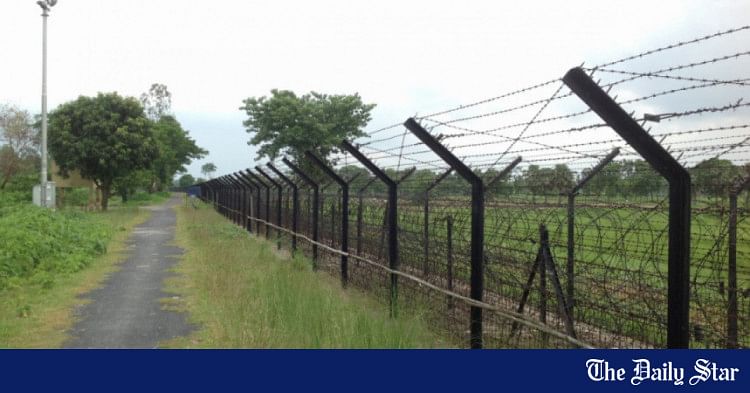Celebrities rejoice as student-led movement brings new dawn for Bangladesh
Photos: Star and Collected.
What began as a protest for quota reform quickly evolved into a historic student movement that led to Sheikh Hasina's resignation and the fall of her government.
Celebrities who participated in the protest have shared their joy on social media:
Ashfaque Nipun posted, "Bangladesh is now FREE from the long rule of the tyrant Sheikh Hasina! Thanks to the quota reform students and the people of my country for making this possible. This is just the beginning. We will continue to work on reforming our homeland."
"Madam, it's good you've stepped down, but you should have awarded the national honors to those who were waiting for them before you left," said Sadia Ayman.
"We will certainly celebrate this victory! However, we must also exercise restraint and stay vigilant. After 20 years of vengeance-driven politics, we will respond with kindness and empathy. Let's remain alert over the next few days. We are committed to building a humane and democratic society. Lastly, a salute to the Bangladeshi youth and everyone from all walks of life. Together we stand strong," said Mostofa Sarwar Farooki.
Mehazabien Chowdhury posted "Independence" with images of the flag and a heart.
"Allahu Akbar! Allah, this so-called Gen-Z has rescued us from the most monstrous dictator ever. They achieved what the world and other countries could not. We owe them our lives. May Allah bestow immense mercy and blessings on this generation that sacrificed so much. I salute you, Gen-Z. You are our heroes," said Salman Mohammad Muqtadir.
Tasnia Farin wrote, "The power of Bangladeshi students."
"Game over! It's been proven that pride leads to downfall. Everyone will eventually face the consequences of their actions," said Shihab Shaheen.
"Students and citizens, now is the time to build a new nation where history will not repeat itself—a humane and democratic one," said Shohel Mondol.
Ziaul Faruq Apurba shared Sabina Yasmin's popular song "Ekti Bangladesh Tumi Jagroto Jonotar."
ABM Sumon wrote, "I will always remember with a heavy heart those who sacrificed their lives for us to witness this historic moment! Bangladesh 2.0."
"All praise is due to Allah! Oppression is never lasting," said Ziaul Hoque Polash.
Quota reform movement 2024 | March ahead together, with determination: Farooki
Tanjin Tisha posted "Bangladesh" with an image of the country.
Alif Alauddin wrote, "I can't believe this. You did it. Here I am, crying in Florida."
 - In Bangladesh, A Violent 'Student Revolution' is on بنگلہ دیش میں انقلاب
- In Bangladesh, A Violent 'Student Revolution' is on بنگلہ دیش میں انقلاب







